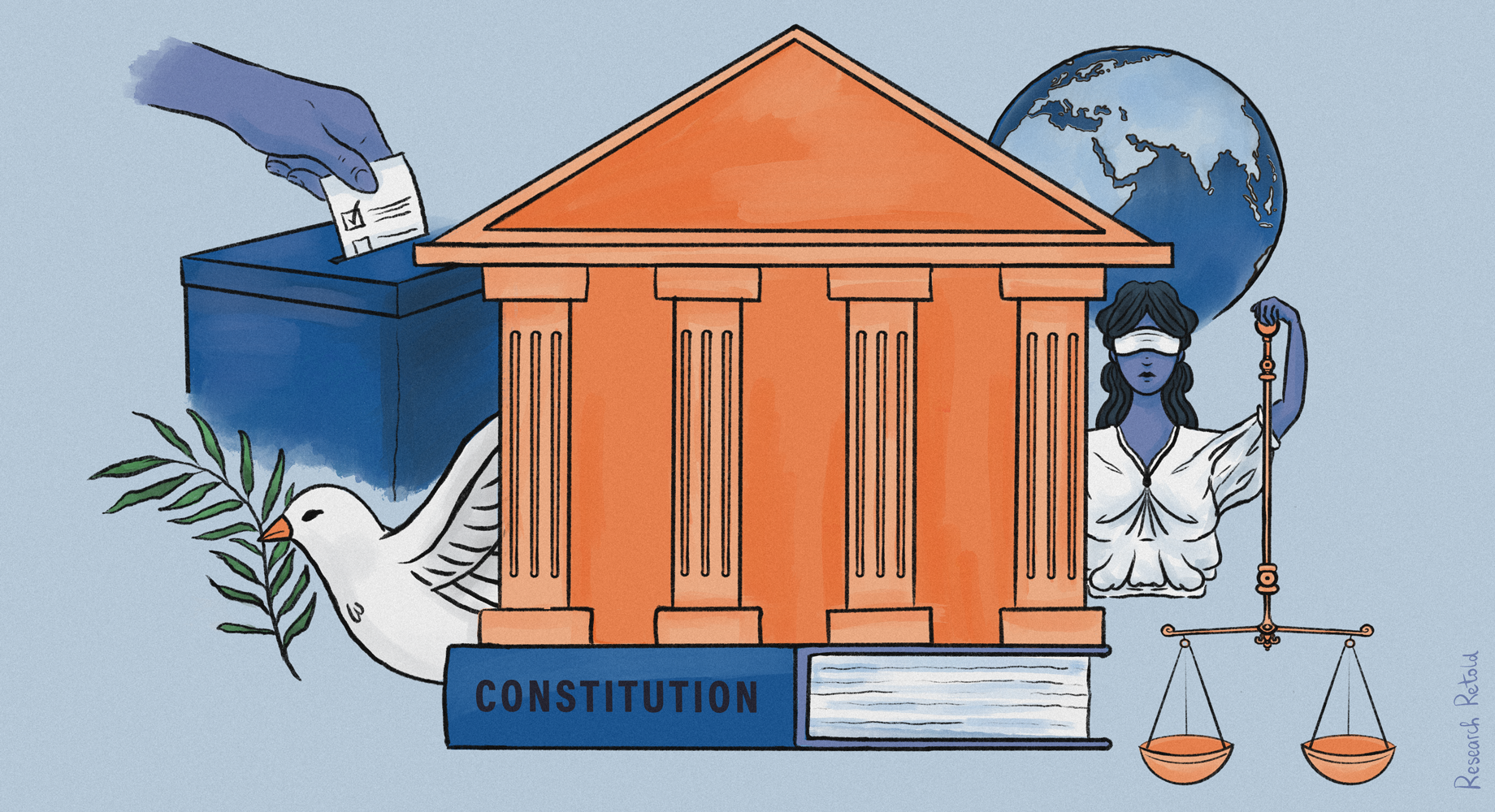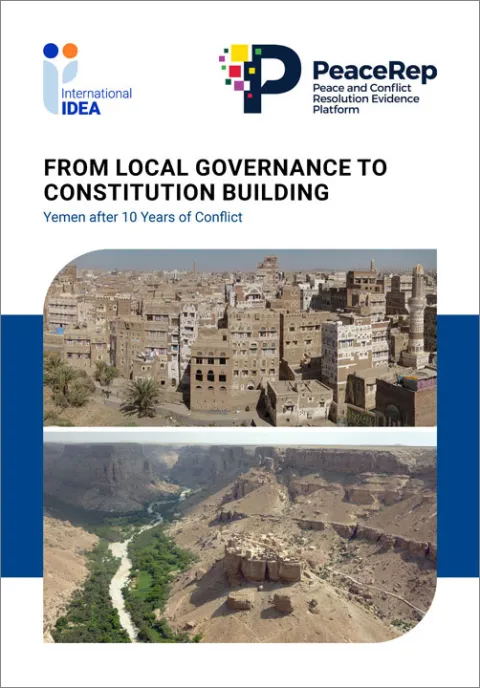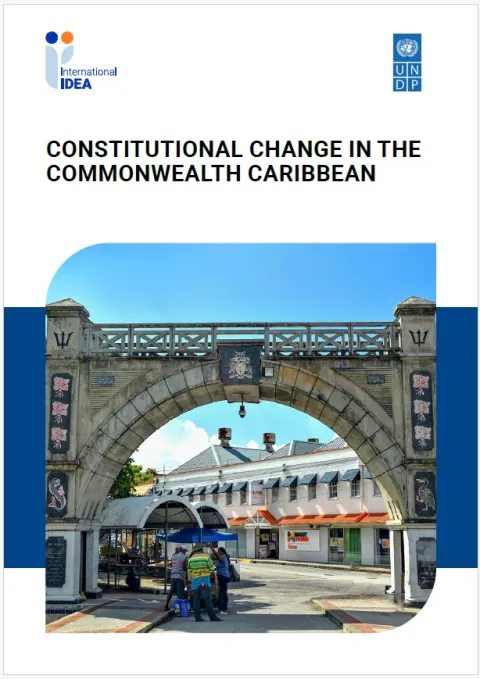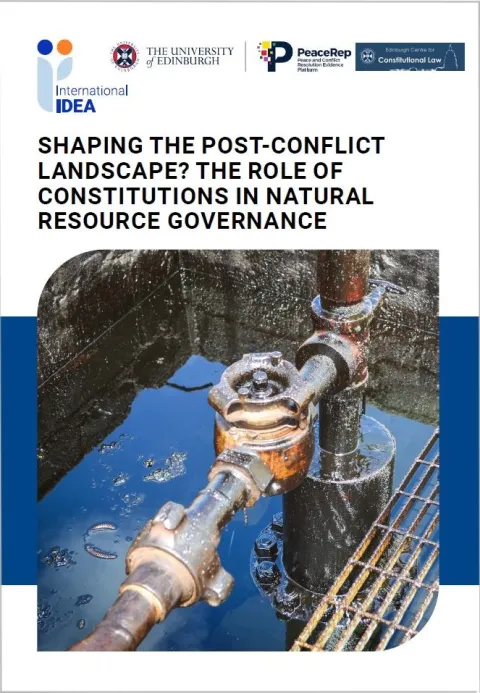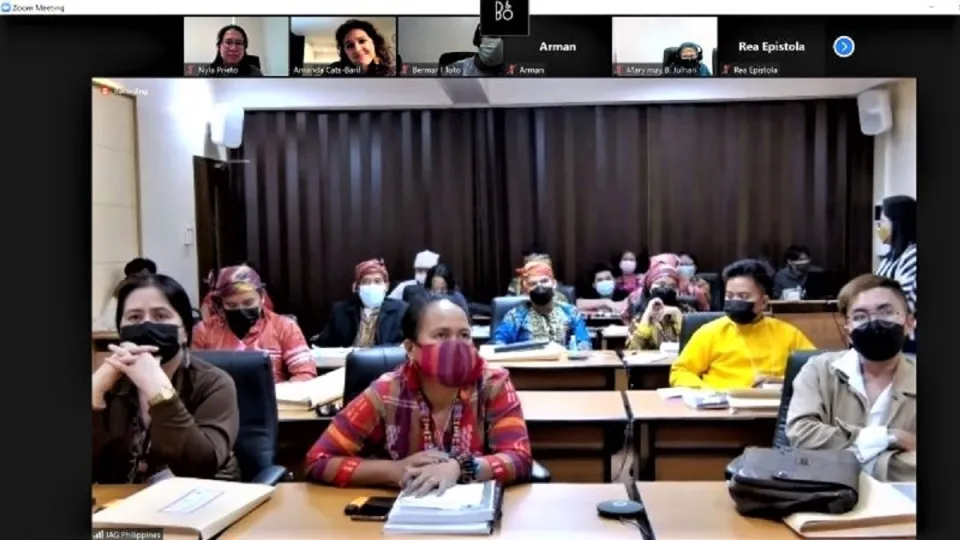Constitution-Building Processes and Democratization
In recent decades there has been considerable activity in the making or revision of constitutions. This activity reflects a changed perception of the importance and purposes of constitutions.
Various contemporary constitutions have marked the end of an epoch and the start of another, under the hegemony of new social forces (of which Eastern Europe provides a good example). Some reflect the commitment or the pressure to democratize, resulting from disillusionment with or the unsustainability of a one-party regime or military rule (as in Thailand, Brazil, Argentina and Mozambique).
Others are the consequence of the settlement of long-standing internal conflicts, centred on the reconfiguration of the state, by a process of negotiation, often with external mediation, when neither side can win militarily or the cost of conflict becomes unacceptably high (South Africa, Northern Ireland, Afghanistan, Iraq, Bosnia and Herzegovina, Sudan).
In almost all these cases, constitutions emphasize the principles of democracy and constitutionalism, and contain detailed bills of rights. Changes start with constitution-making, whether as a form of negotiation or the consolidation of social victory or reform. However, the record of the effectiveness of these constitutions is uneven.
Details
Contents
1. Introduction
2. The Connection between Constitutions and Democracy
3. Constitution-building
4. Participation
5. Conclusion
Notes
References and Further Reading
Give us feedback
Do you have a question or feedback about this publication? Leave us your feedback, and we’ll get back to you
Send feedbackConstitution-Building Processes and Democratization
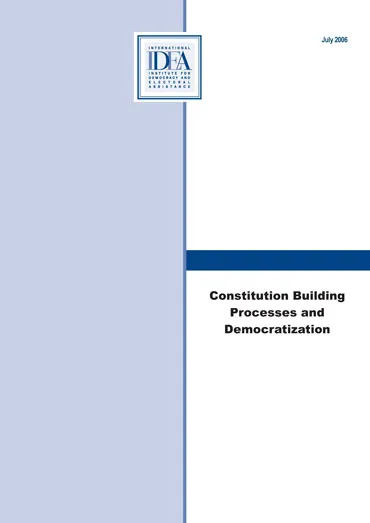
| Total views | 5458 |
|---|---|
| Downloads | 55 |
| Rating |
Give us feedback
Do you have a question or feedback about this publication? Leave us your feedback, and we’ll get back to you
Send feedback